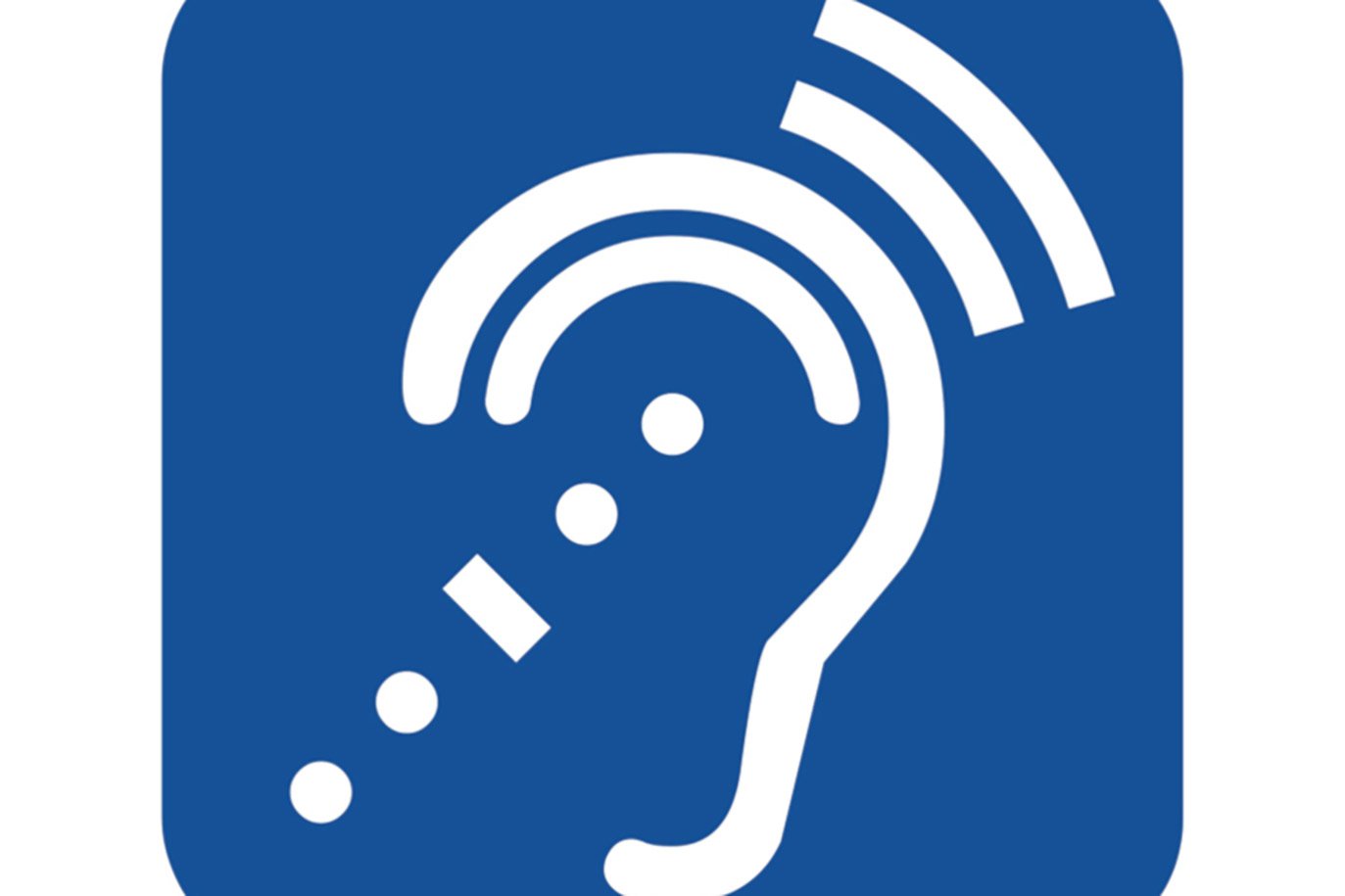
People with hearing loss have communication difficulties associated with opaque masks. If you take care of a loved one in this situation, you may have noticed some of these difficulties.
First published: May 6, 2020 / Updated: July 31, 2020
A mask, which by definition hides the mouth, is a problem for people with hearing loss who read lips or who express themselves using sign language, and for whom facial expressions are very important part of conveying emotions.
In this case, how can you check that information has indeed been conveyed? As a caregiver, how can you ensure that professionals understand your loved one and vice versa? Here are some of the communication strategies and tools available to facilitate exchanges with people with hearing loss.
The Association Audition Québec (in French) disseminates information messages designed to provide practical tips to people with hearing loss and their loved ones. Wearing a mask may cause stress and fear during an authorized medical appointment. While no solution is yet available to resolve this problem, other strategies exist to facilitate exchanges and reassure both you as the caregiver.
For COVID-19 screening or required care of a medical condition, most appointments are taking place by telephone. Whether or not you live with your loved one, you can connect to the teleconference to facilitate the discussion. You may also ask to accompany your loved one on the day of their appointment, provided that you live with them.
To ensure that you are not caught off guard, it is very helpful if you prepare for the consultation ahead of time. Some of the information that you or your loved one can write on a piece of paper and give to the care staff upon your arrival is the health insurance number, date of birth, list of medications, medical conditions (diabetes, asthma...). If screening is involved, also write down the answers to the security questions: Have you travelled? Have you been in contact with someone who has travelled? Do you have any symptoms?
Whether your loved one goes alone or with you to their appointment, saying that they have hearing loss will prevent situations of frustration or impatience. Once advised, medical staff will be able to adjust their actions. Do not hesitate to ask them to enunciate clearly – even with a mask, that may help – or to speak louder, without shouting. Paper and pen may also help make communication easier. Audition Québec also reminds you to have all accessories, chargers and batteries that usually aid in better understanding (hearing devices, telephone amplifiers…) with you.
To make medical appointments easier, for people with hearing loss and those with whom they may come into contact, Audition Québec has made two guides available:
If you help a person with recent hearing loss, you might not have all the reflexes to make your exchanges easier. While email can prevent hassles, know that there are good practices in video-conferencing procedures that may allow you to keep visual contact while talking (in French).
With respect to online videos, subtitles are generally activated automatically. If this is not the case, check whether they can be set up this way.
In the current context, other resources are also available to people who are deaf or hard of hearing:
Given the growing needs of people with hearing loss and to counter the problem associated with lip reading, masks with a transparent window are now available. The Government of Quebec has produced a tutorial on how to make your own. You can also buy handmade face masks with a transparent window (in French). A few precautions must be taken insofar as Audition Québec cannot approve a specific model: do not hesitate to check with the supplier, especially regarding the problems with fogging up and impermeability discovered with the original models.
Regarding the procedural masks dedicated to the medical staff, the Quebec ministry of health and social services anticipates receiving 100,000 units at the beginning of August. Other steps are also underway to quickly equip the entire public health network.
To keep current on the development of the situation and have access to information in real time, you can always consult the Audition Québec Facebook page.
Thank you to Ms. Jeanne Choquette, president of Audition Québec, for her valuable collaboration in writing this article.
FrancoSourd. Guide autosoins (Version LSQ). 2020. [in French].
Le Messageur. Le télétravail quand on entend mal : astuces pour rester en communication. 2020. [in French].
Need to talk?
Contact our Caregiver Support Helpline for counselling, information and referrals.
Every day from 8 a.m. to 8 p.m.
Free of charge.